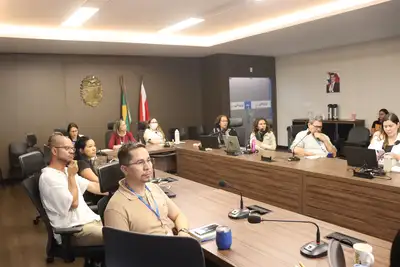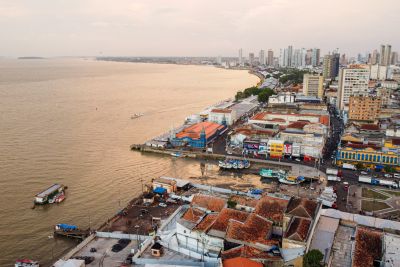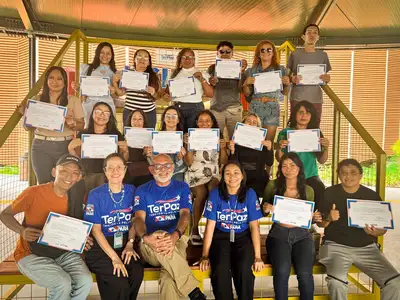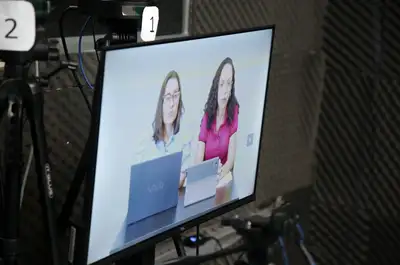Metropolitan Polyclinic highlights the importance of early diagnosis and asthma control
Government unit of Pará guides the population on symptoms, prevention, and treatment of the disease that affects millions of Brazilians
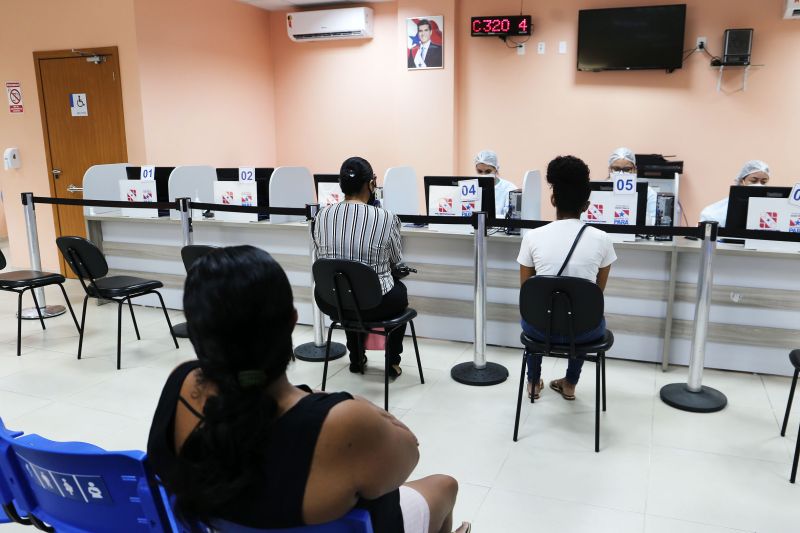
In commemoration of World Asthma Day, celebrated on May 5, the Metropolitan Polyclinic in Belém reinforces the importance of early diagnosis and continuous monitoring of the disease, which affects about 20 million Brazilians, according to data from the Brazilian Society of Pneumology and Tisiology (SBPT).
Dr. Flávia Farinha Ayres, a pulmonologist working at the unit, explained that asthma is a chronic disease characterized by inflammation of the airways and can manifest at any stage of life, from childhood to old age. "The main symptoms are persistent cough, wheezing, shortness of breath, and a feeling of tightness in the chest. These respiratory signs tend to be recurrent and can vary in intensity over time," highlighted the specialist.
The professional emphasized that the diagnosis is primarily made through the patient's clinical history and the identification of symptoms. Tests such as spirometry help in confirmation, but normal results, especially in children, do not rule out the disease. "What is important is a thorough medical evaluation. In many cases, the symptoms are intermittent, which can make identification difficult without proper monitoring," points out the specialist.
Asthma treatment is individualized and aims to control airway inflammation and prevent crises. It generally involves inhaled medications, such as corticosteroids and bronchodilators. "Following the medical prescription correctly, even in the absence of symptoms, is essential. Stopping treatment can worsen the clinical picture," warns Flávia.
Risk factors and prevention
According to the pulmonologist, various conditions can trigger asthma attacks. Among the triggering factors are respiratory infections, such as flu and colds, exposure to allergens, intense physical exertion, emotional stress, and sudden temperature changes.
"Asthma prevention involves measures that should be adopted both by those who already live with the disease and by genetically predisposed individuals. Among the most effective actions is reducing exposure to known environmental triggers, such as dust mites, household dust, pet dander, and air pollution," explained Flávia Farinha.
The doctor highlighted the importance of maintaining a healthy routine, including a balanced diet, regular physical exercise, avoiding smoking, and exposure to secondhand smoke. Additionally, she recommended vaccines against flu and pneumonia, especially for at-risk groups, such as children and the elderly, to prevent respiratory infections that trigger crises.
"Measures such as keeping environments clean and well-ventilated, avoiding the use of strongly scented cleaning products, and controlling humidity to prevent mold growth are fundamental in preventing crises. Furthermore, it is important for each patient to know their specific triggers and adopt personalized strategies to avoid them," reported the pulmonologist.
Specialized care
Managed by the Institute of Social and Environmental Health of the Amazon (ISSAA) and the State Department of Public Health (Sespa), the Polyclinic offers specialized care for respiratory diseases through the Medical Specialty Outpatient Clinic (AME). Approximately 700 slots for consultations with pulmonologists are available monthly.
The unit is aimed at patients with chronic respiratory symptoms, such as persistent cough and difficulty breathing. After medical evaluation, diagnosis, and initiation of treatment, the patient is referred back to the basic health network. Return to the specialist occurs upon new medical indication, ensuring a continuous and organized flow of care.
Service:
The first access to the unit's services is made through state regulation. Once attended at the unit, the scheduling of follow-up consultations and exams can be done through the Relationship Center, via WhatsApp Business at (91) 98521-5110, or by email: agendamento.polimetropolitana@issaa.org.br.
The user must present a photo ID (preferably RG), CPF, National Health Card, and proof of residence (originals and copies). If the user is a child and does not yet have an RG, it is possible to present the birth certificate and the official documents of the mother.


